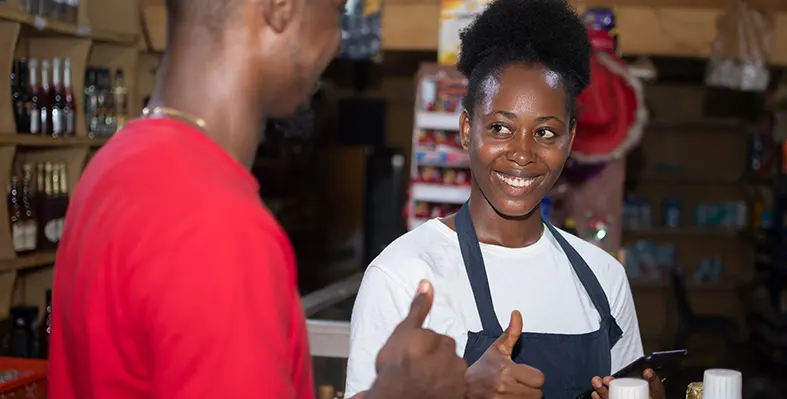
Bank of South Sudan and AfricaNenda introduce NIPS, enabling real-time transactions and financial inclusion for a connected digital economy. (Image source: Adobe Stock)
The Bank of South Sudan (BOSS) has unveiled a landmark initiative to introduce the country’s first National Instant Payment System (NIPS) in partnership with the AfricaNenda Foundation
This initiative represents a major advancement in modernising South Sudan’s financial infrastructure, reinforcing the bank’s mission to enhance financial services for all citizens. It also complements broader efforts to integrate key systems such as the Automated Clearing House (ACH), Real-Time Gross Settlement (RTGS), and Instant Fund Transfer (IFT).
Designed to enable secure, real-time, and cost-efficient transactions, NIPS will enhance interoperability between banks, mobile money providers, and other financial institutions. As the foundation of South Sudan’s digital payment ecosystem, the system will support various financial transactions, including person-to-person (P2P), person-to-business (P2B), government-to-person (G2P), and person-to-government (P2G) payments. This will drive efficiency and inclusivity across the financial sector.
“The start of the NIPS journey marks a monumental step forward for financial and socio-economic inclusion in South Sudan. This partnership with AfricaNenda Foundation is pivotal in transforming the financial services landscape, fostering greater inclusivity, and creating a more resilient digital economy,” Johnny Ohisa Damian, governor of the Bank of South Sudan.
The partnership’s primary objectives include:
- Establishing a comprehensive roadmap for NIPS implementation with defined milestones.
- Strengthening the capacity of BOSS and financial institutions to manage and oversee the system effectively.
- Ensuring seamless integration and interoperability through collaboration with banks, telecom operators, and key stakeholders.
Following a successful proof-of-concept phase in 2023, which demonstrated strong demand and viability, BOSS and AfricaNenda are confident that NIPS will transform South Sudan’s financial landscape. The system will enhance financial accessibility, support businesses, streamline government operations, and create new economic opportunities in a digital-driven economy.
This initiative reflects BOSS’s dedication to fostering a sustainable, inclusive, and innovative financial future for all citizens in South Sudan.
“We are proud to partner with the Bank of South Sudan on this landmark initiative. Instant payment systems are transformative tools that redefine access to financial services and promote inclusivity. With the launch of this system, South Sudan is laying the foundation for a more connected and resilient economy that benefits every citizen,” concluded Robert Ochola, CEO, of AfricaNenda Foundation.
Also read: Mukuru wallet transforms Zimbabwe’s digital payment

























